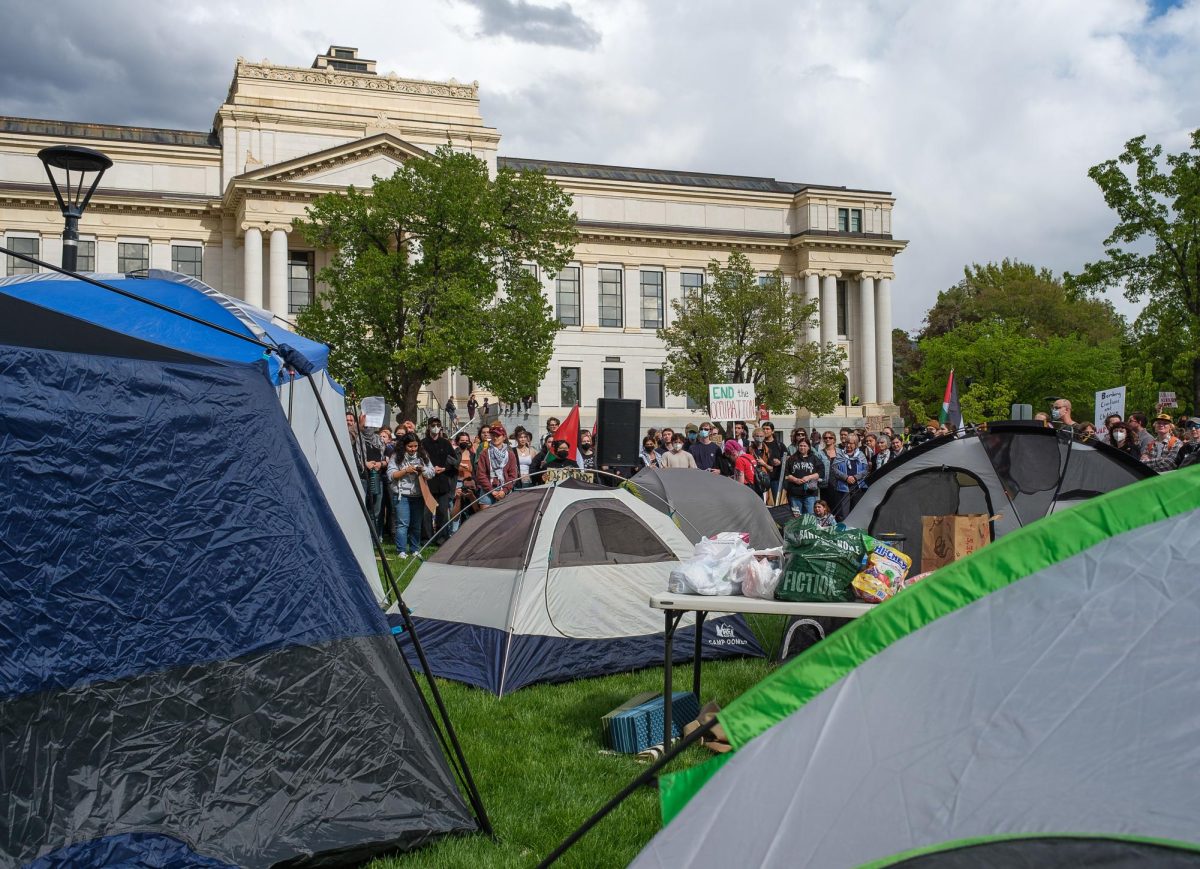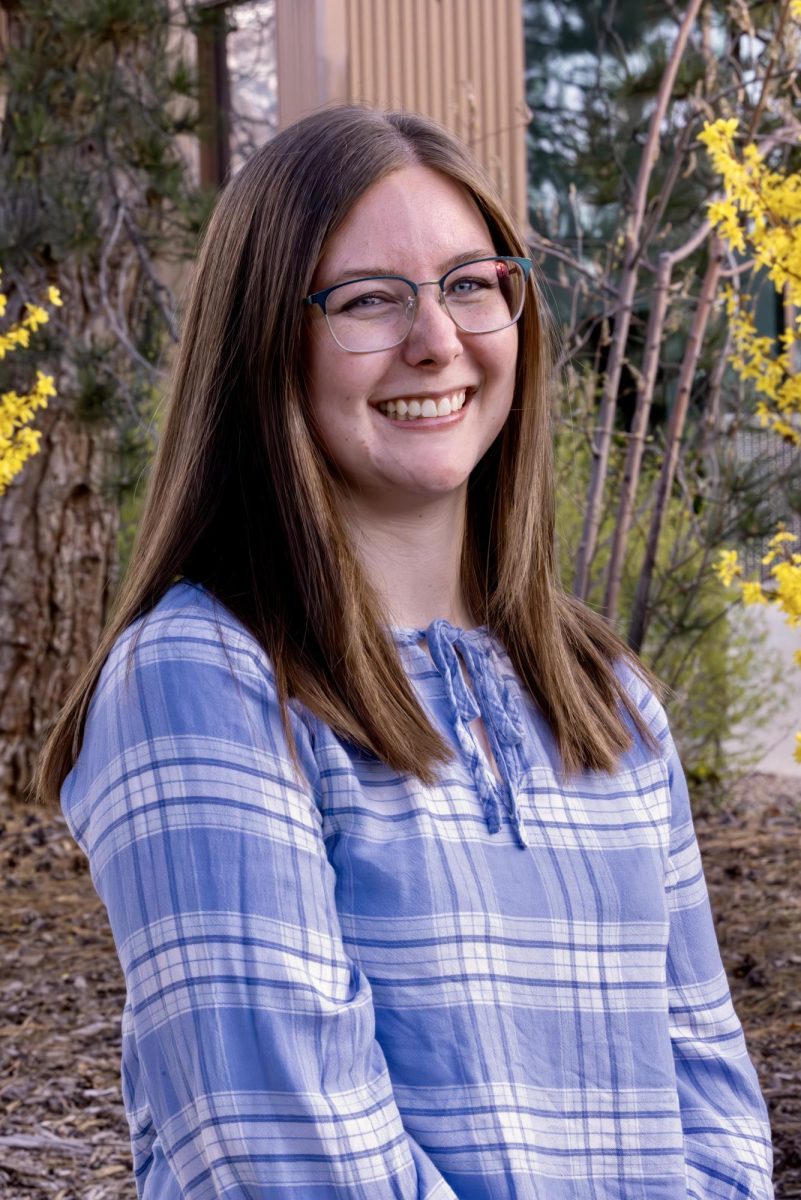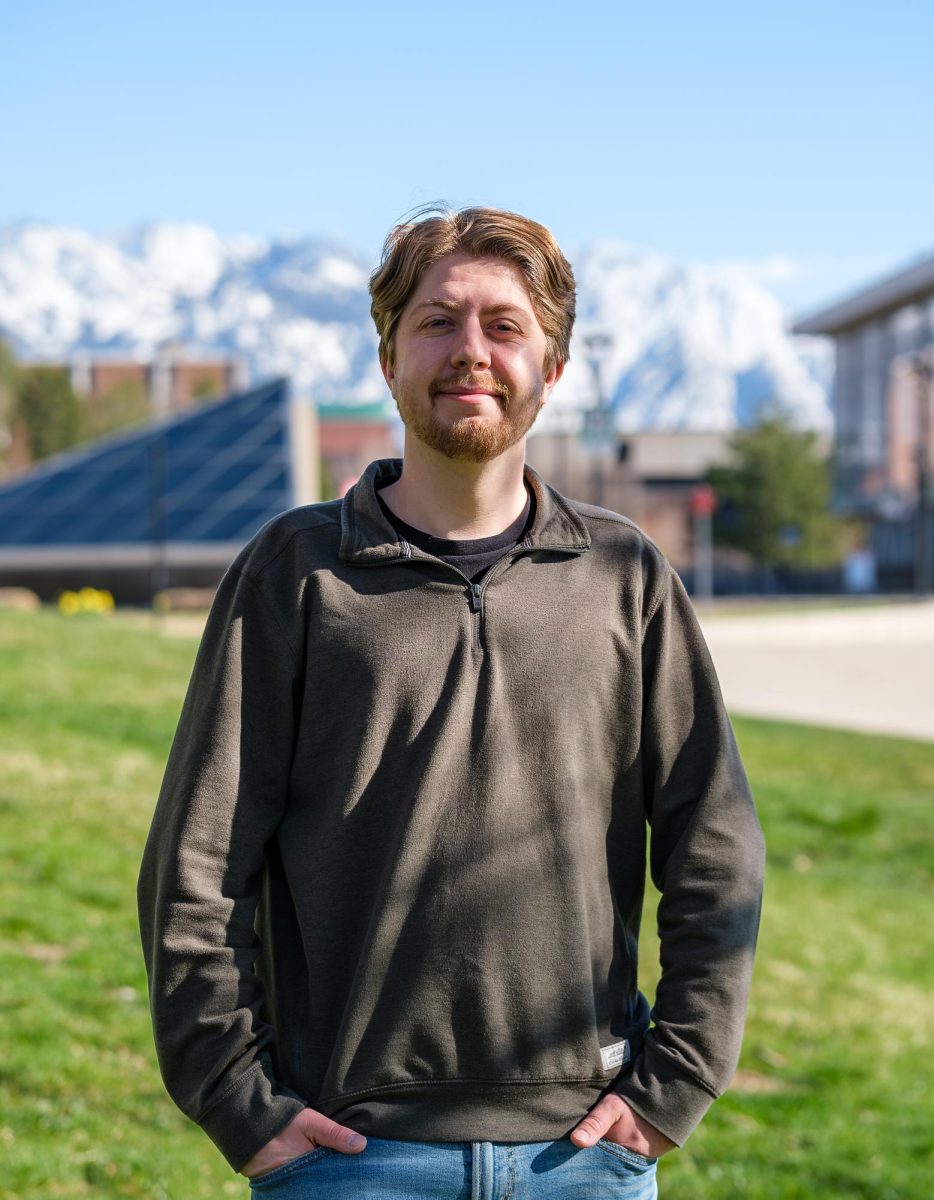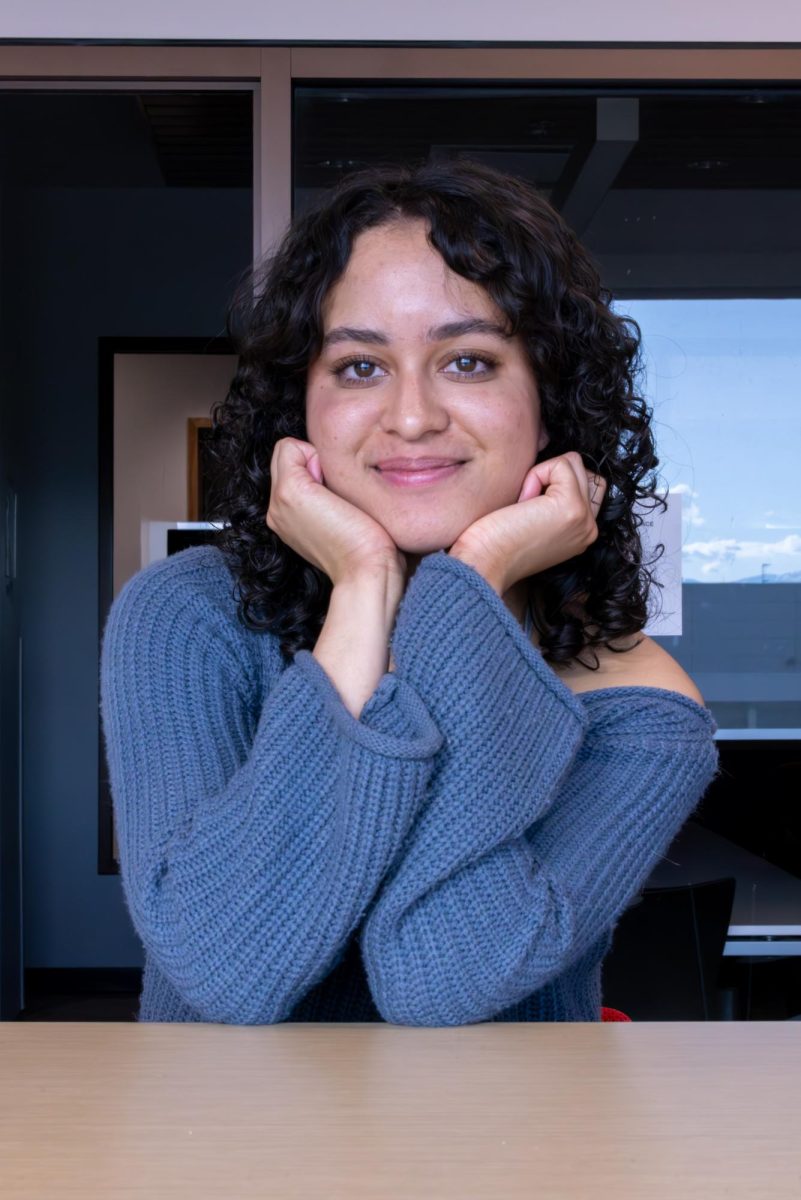U researchers have helped discover ancient genomes, linking back to a time when humans lived on sheets of ice.
About 15,000 years ago, North America was connected to modern day Russia and Asia by a bridge of ice. As the bridge began to melt, the Beringian Standstill model theory claims that Asian populations migrated westwards, while others moved south.
Professor Dennis O’Rourke and anthropology doctoral candidate Justin Tackney have found evidence supporting this theory through the genomes of two ancient babies buried at an Alaskan archaeological site, Upward Sun River.
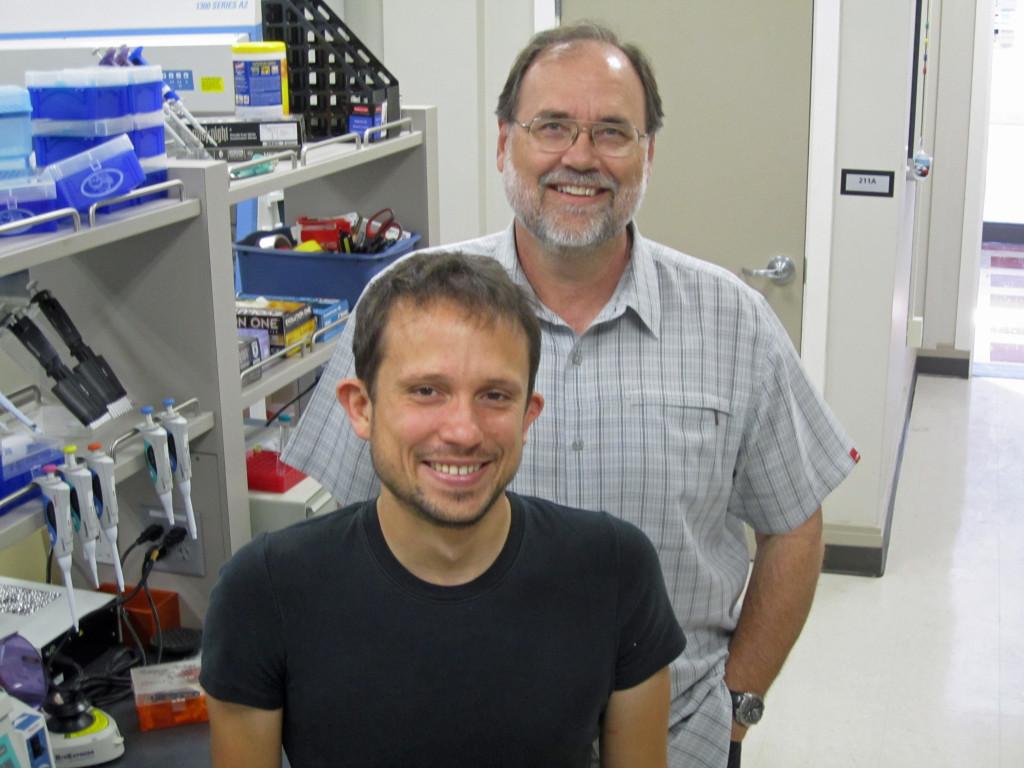
O’Rourke said the maternal lineages of these infants are common throughout many Native American populations in both North and South America, but are rare to almost nonexistent in the area today.
Dr. Ben Potter at the University of Alaska in Fairbanks discovered the 11,500-year-old remains which are the earliest discovered in North America. The babies’ mothers may have been different, but they might have shared the same father.
Through researching the genomes, O’Rourke and Tackney found that more genetic variation existed in the area thousands of years ago than it does today. Tackney said analysis of the infants shed light on theories about the origin and source population that colonized the rest of the Americas.
It is believed that Asian populations in North America became isolated from Asia because of the ice melt that connected the two landmasses. This group’s genetic make-up formed what is now considered to be uniquely Native American. Because the remains contain this DNA, it supports the idea that Asian populations did move west into the Americas.
“This study is noteworthy,” O’Rourke said. “These individuals represent only the 3rd and 4th individuals in the Americas, alive more than 8,000 years ago, for which the whole mitochondrial genome was sequenced.”
This discovery is a part of an ongoing investigation on the Alaska North Slope. O’Rourke and Tackney will start a research project in Western Alaska to further investigate the questions of North America’s early anthropological and genetic past.
[email protected]
@chriswritine


